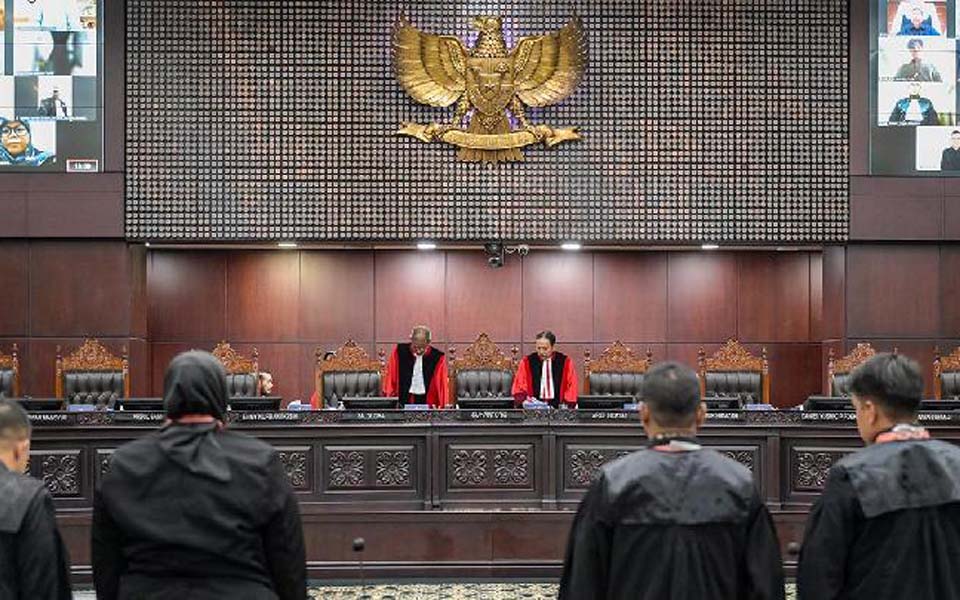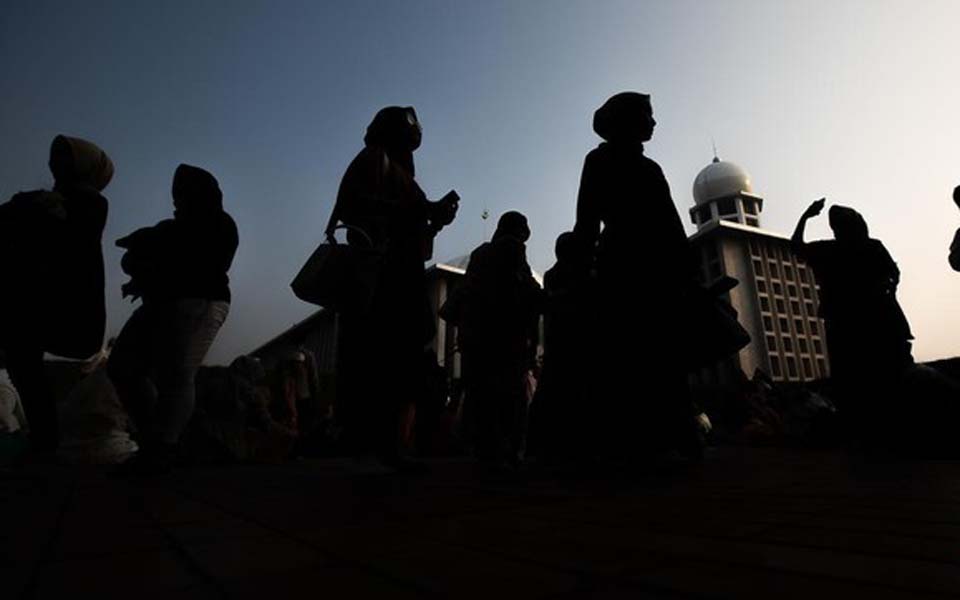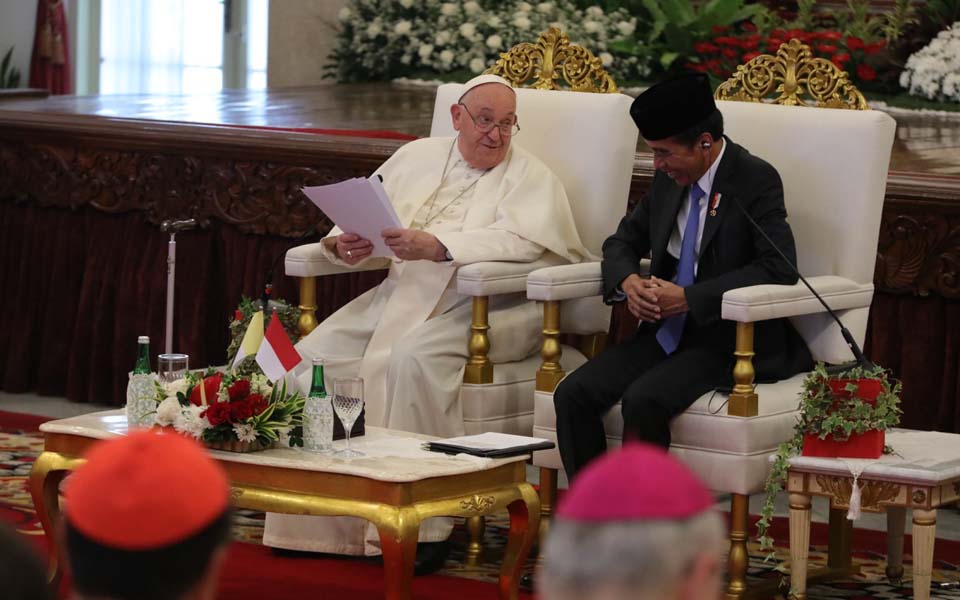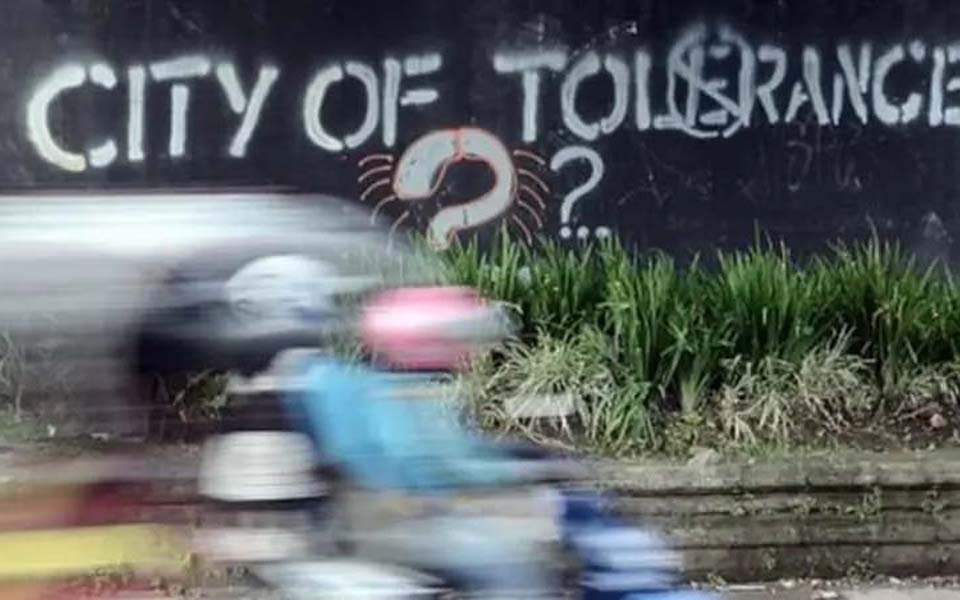M. Raihan Muzzaki, Amirullah, Jakarta – Amnesty International Indonesia Executive Director Usman Hamid says the ruling by the Constitutional Court (MK) requiring Indonesian people to have a religion is a digression.
He said this is a digression because it is not in line with the International Covenant on Civil and Political Rights (ICCPR) and international human rights standards, which were ratified by Indonesia in 2005.
"The United Nations (UN) Human Rights Committee has also stated that the term belief and religion should be interpreted widely to include theistic, non-theistic and atheistic beliefs, as well as the right not to adhere to any religion or belief", said Hamid said in a written statement on Friday January 3.
He said that citizens or humans must be free from coercion to have a religion or adhere to a belief. Hamid stated that the Constitutional Court's decision to require the Indonesian people to have a religion is coercion.
"A person must be free from coercion to have or adhere to a religion or belief and this right should not be limited by the state", he said.
Hamid believes that the Constitutional Court's ruling also forces Indonesian citizens to choose a different religion from their choice. He added that the ruling also had two elements including coercion to have a religion, as well as a ban on people who choose not to have a religion or belief.
Article 18 Paragraph 2 of the ICCPR, for example, explains that no country should coerce someone into adhering to or establishing a religion or belief that is not in accordance with their choices. "Both points [in the court's ruling] are contrary to the spirit in the ICCPR", said Hamid.
Earlier, the Constitutional Court prohibited Indonesians from not to adhering to a religion or belief. The court believes that the Constitution (UUD 1945) as the basis of the constitutional state firmly declares a belief in the existence of the God Almighty (Tuhan Yang Maha Esa), so it can be called a religious or godly constitution.
"Belief in the existence of Tuhan Yang Maha Esa is one of the nation's characters and has been agreed upon as an ideological or ideal condition that is aspired to", said Constitutional Court Justice Daniel Yusmic Foekh when reading the basis of the considerations in the ruling on Friday January 3.
The ruling was made in relation to judicial review filed by two citizens, Raymond Kamil and Teguh Sugiharto, who questioned Article 2 Paragraph (1) of the Marriage Law, which stipulates that a marriage is only valid if it is conducted according to the laws of the relevant religion and belief.
In ruling number 146/PUU-XXII/2024 the Constitutional Court was of the view that freedom of religion and belief under Article 22 of Law Number 39/1999 on Human Rights does not mean that people can choose not have a religion or belief.
The Constitutional Court said that Indonesia is not a country based on a particular religion. However, Indonesia is also not a secular country that separates religious values from the life of the state and the work of the government.
– Vedro Immanuel contributed to writing this article.
[Translated by James Balowski. The original title of the article was "Amnesty Anggap Putusan MK soal Masyarakat Wajib Beragama sebagai Penyimpangan".]















